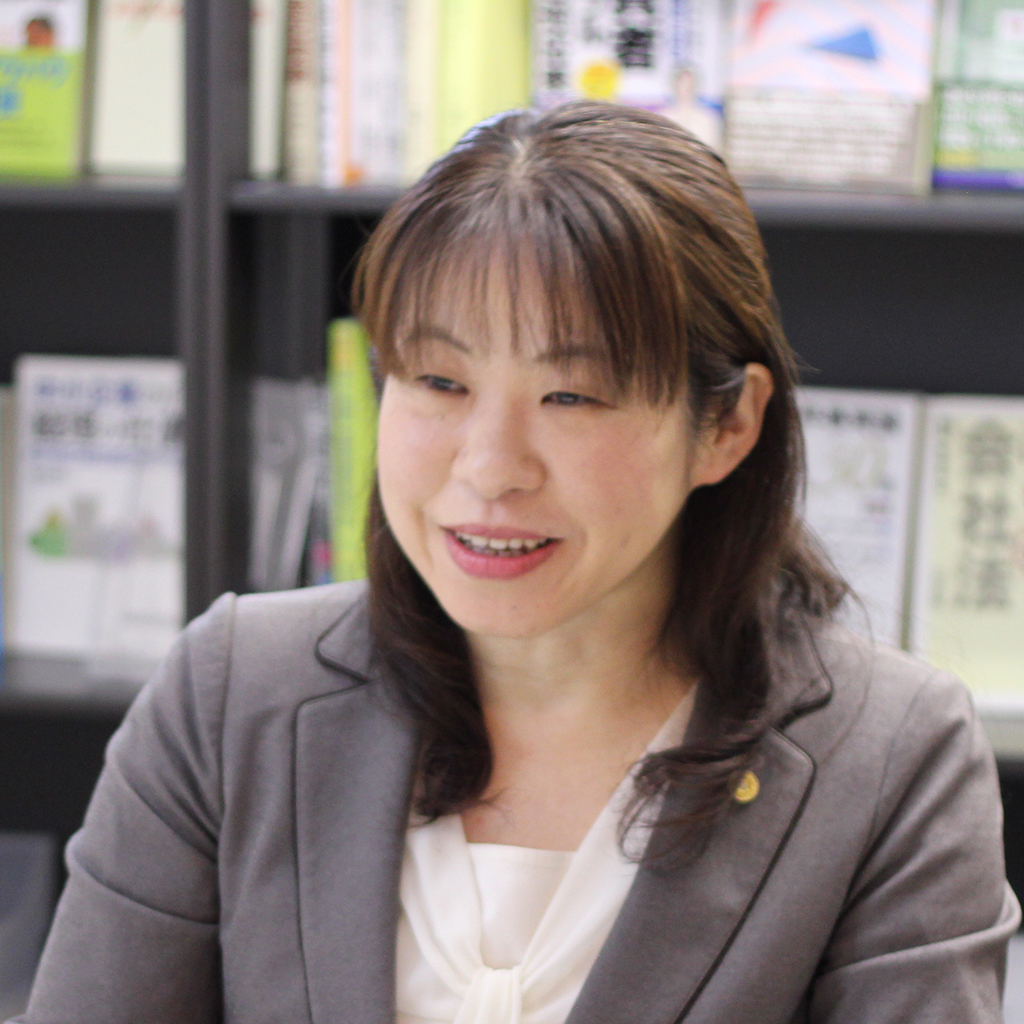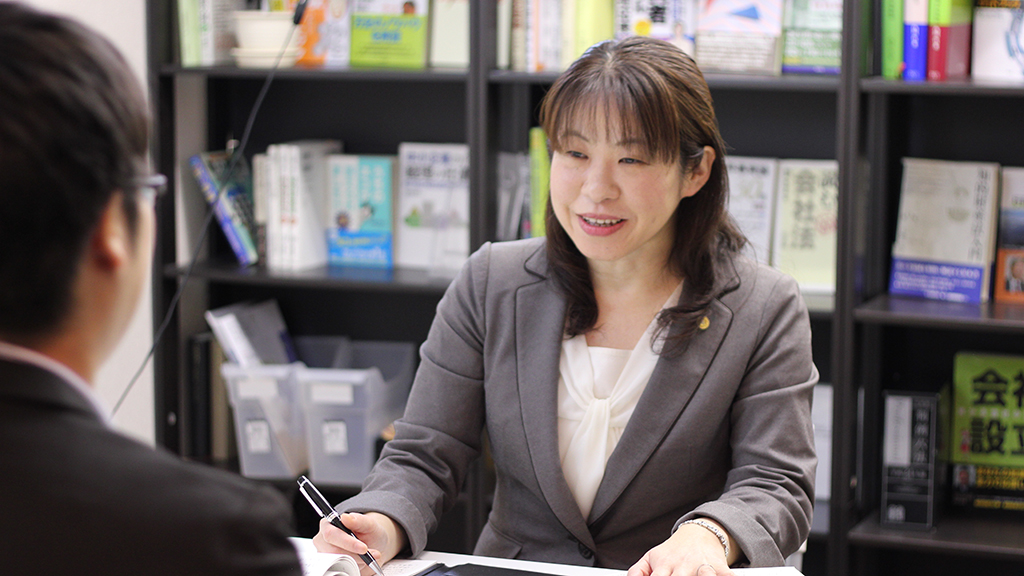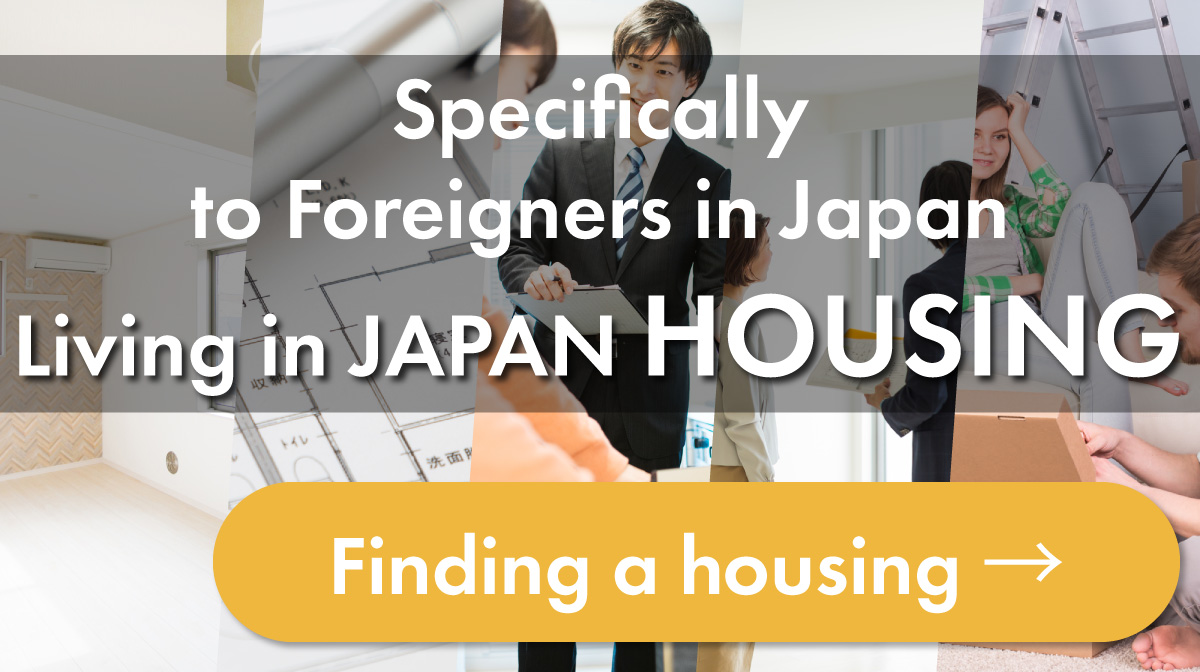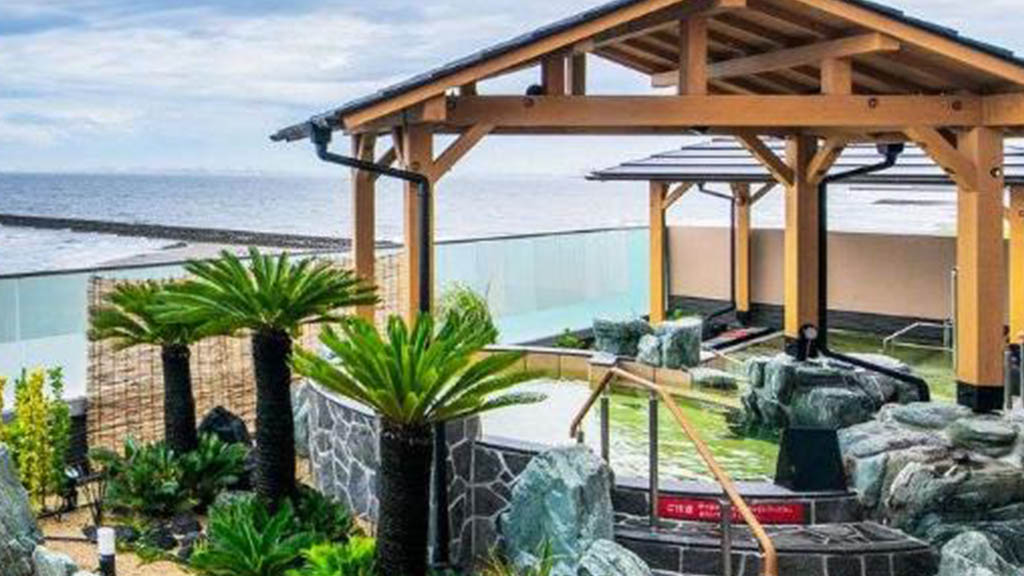29 Types of Status of Residence and Work Classifications
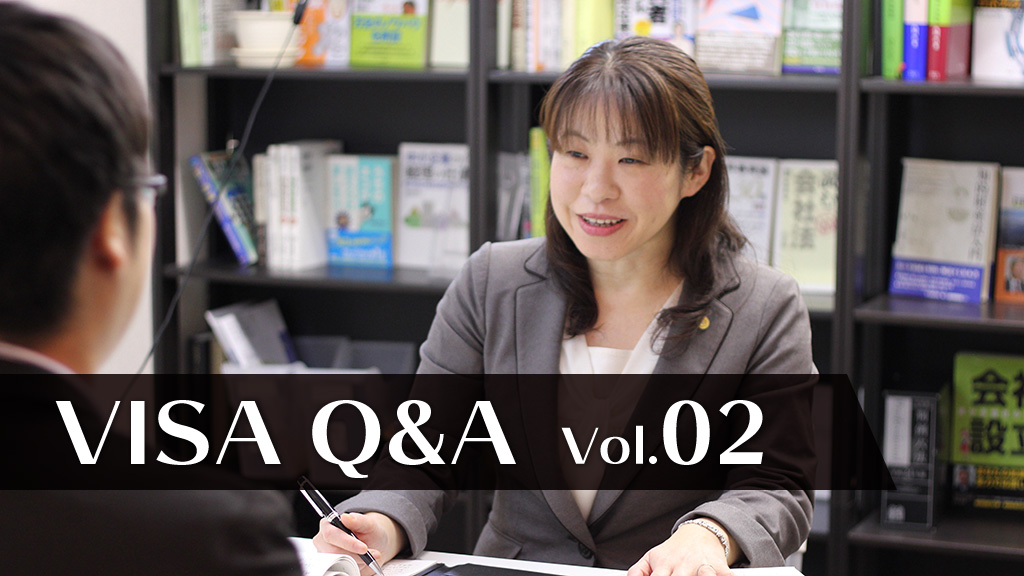
This post is also available in 日本語
We talked in our previous issue about “What is “the Residency Status?” that there are 29 types and there are ‘can-dos’ and ‘cannot-dos’ in terms of activities to receive reward and income, depending upon which status you have. This time we’d like to talk about status of residence when you need to work in Japan.
Contents
Examples of occupation by each classification
| Status of Residence (so called VISA) | Examples of applicable occupation |
|---|---|
| Diplomat | Ambassador, Minister, Consulate general, Delegation member of a foreign government and their families |
| Official | Employee of an embassy or consulate of a foreign government, Individual assigned by an international institution for an official assignment, and their families |
| Professor | College professor etc. |
| Artist | Composer, Artist, or writer etc. |
| Religious Activities | Missionary assigned by a foreign religious organization etc. |
| Journalist | Reporter or photographer of foreign press |
| Highly Skilled Professional | Highly skilled human resources 70 points or higher (Class 1 and 2) |
| Business Manager | Manager or administrator of a company etc. |
| Legal/Accounting Services | Attorney or certified public accountant etc. |
| Medical Services | Physician, dentist or registered nurse etc. |
| Researcher | Researcher at a government-related institution or company |
| Instructor | Language instructor at a senior high school or junior high school etc. |
| Engineer/Specialist in Humanities/International Services | Engineer such as of mechanical engineering, interpreter, designer, language instructor at a private company or marketing specialist etc. |
| Intra-company Transferee | Transferee from an office abroad |
| Nursing care | Care worker |
| Entertainer | Actor, singer, dancer, or professional athlete etc. |
| Skilled Labor | Chef of foreign cuisine, sports instructor, aircraft pilot, or craftsman of precious metals etc. |
| Technical Intern Training | Technical interns (class 1, 2, and 3) |
| Cultural Activities | Researcher of Japanese culture etc. |
| Trainee | Trainee |
| Designated Activities | Domestic staff of a diplomat, working holiday, or a foreign nurse / care worker candidate under an Economic Partnership Agreement, etc. |
- Foreign students who are studying under ‘student’ visa and ‘dependent’ visa (spouse and children of foreigners with working visa) is generally prohibited from working. However, they are allowed to work for 28 hours per week when they obtain a special permit called “permit to engage in activity other than that permitted under the residency status previously granted” which allow them to work as part-time workers. (In case of ‘student’ visa, a work for up to 8 hours per day is permitted during long holidays of their school such as summer break, year-end break etc.)
- In case you obtain Status of Residence (VISA) upon your social status or position, such as “Permanent Resident”, “Spouse or Child of Japanese National”, “Spouse or Child of Permanent Resident” and “Long Term Resident”, you have no restriction as to kinds of occupation and work hours.
- In case of the “temporary visitor” visa, you are not allowed to work and receive income and compensation. However, if rewards and income are considered as an “extraordinary income or a like”, you are allowed to receive them.
You need to be certain before you apply
To obtain status of residence, you first need to check if you fulfil the conditions required for each visa before you prepare and submit an application to a regional immigration bureau in your area.
For example, in case of the engineer’s visa of “Engineering/Specialist in Humanities/International Services, you need to confirm mainly the followings.
- Check if you fall into one of followings
- Graduate of a university or a college (overseas acceptable)
- Graduate of a vocational school called ‘Senmon gakko‘ with a certificate of “Senmonshi”
- A work experience of more than 10 years in the work area
- IT engineer (has passed a test or granted a qualification in an information processing engineer stipulated by the Ministry of Justice)
- Check if the work has any relationship with what you had learned at the school, in case you have graduated a university, a college or a vocational school.
- Check if your expected salary should be equivalent to or higher than that of Japanese employees doing the same kind of work.
- Check if business of your employer is stable and sustainable.
- Check if you are a good citizen with no criminal records, no delay in paying tax, and no fault in fulfilling legal duties etc., in case you have been living in Japan.
Summary
It looks not an easy task to confirm that you are fulfilling these requirements and to collect/develop necessary documents to apply for visa. However, don’t worry! We, immigration lawyers, are here to help you.
Living in Japan VISA will help companies who want to hire foreign people and foreigners who want to work in Japan by introducing notary publics who are specialized in Residency Status to end up with “worry-free hiring and worry-free job.”
- If You Wonder What Should Give a Gift, This Is the Best Choice! Cool Packaged Handkerchiefs!
- Apply on UV Cream Without Getting Your Hands Dirty! Why not Have This Handy Puff?
- So Popular Character “Chiikawa” Cheers You Up! Improve Your Arched Back!
- If You Want to Improve Your Sleep Quality, You Should Change Your Pajamas! 3 Recommended Pajamas
- Conveniently 2-Way! This Product Is Useful in Both Summer and Winter.


